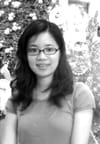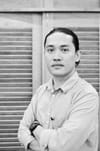KEYSIGHT TECHNOLOGIES, founded as Hewlett-Packard in 1939, established its presence in Bayan Lepas in 1972 with an initial total of 60 employees. Today, the 1.2 million sq ft facility is one of the core sites for the company globally; boasting more than 2,500 employees, the majority of them are professionals in business management, sales, support, marketing, manufacturing, research and development (R&D), supply chain and global infrastructure services.
Penang Monthly meets up with Datuk Gooi Soon Chai, senior vice president and president (Electronic Industrial Solutions Group) of Keysight Technologies, as he shares his views on Penang’s industrialisation journey, talent upgrading and the importance of STEM (Science, Technology, Engineering and Mathematics) education.





